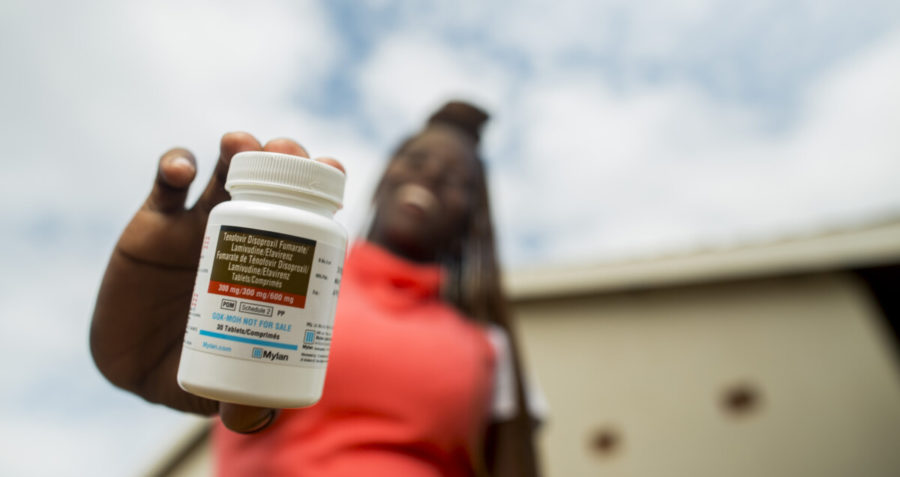The Adherence App
 Frontline AIDS/Sydelle Willow Smith/2017
Frontline AIDS/Sydelle Willow Smith/2017
Key information
- Organisation: Coordinating Assembly of Non-Governmental Organizations
- Country: Eswatini
- Region: Eastern and southern Africa
- Stage of innovation: Stage 3: Pilot
- Start date: 2018
- End date: 2019
- Type of innovation: Conceptual innovation: new ways of looking at problems, challenging assumptions, or both
- Funded by: Frontline AIDS
Summary of intervention
AIDS remains the leading cause of death among 10-19 year olds in sub-Saharan Africa and the second most common cause of death globally. [new par] Innovative thinking on how to better engage and support young people living with HIV is needed.
The Adherence App, developed by READY+ and communications experts M&C Saatchi, is one such innovation. CANGO is piloting the app in Eswatini with community adolescent treatment supporters (CATS), who are young people living with HIV that support their peers to develop resilience, make healthy choices and adhere to HIV treatment. The Adherence App is a creative and interactive tool that supports CATS to structure conversations with the young people they support and gather key, standardised data about young people’s treatment adherence.
The app, which is played as a game during one-on-one sessions, has improved young people’s understanding of HIV treatment. Creative features, such as enabling users to customise their own app avatar, help to engage young people in their treatment journey. The app has also improved the way young people communicate about their treatment, including their ability to raise concerns or issues.
learnings
Gaining insight from adolescents and young people at every stage of the app’s development was essential for making a relevant and useful product. Without their input it is likely the app would have been far less effective. To begin, 40 adolescents and young people living with HIV and 10 CATS provided reviewed the prototype’s design. Then 20 adolescents and young people living with HIV and 20 CATS tested the prototype, and their feedback was used to create the final version. Twenty CATS were trained as early adopters to use the app in their work.
next steps
- The app is now being used to gather data on young people’s service use and engagement, and their views on the usefulness and impact of health facility and community-based HIV and SRHR services. This will be used to inform future programming.
- There are plans to scale up the use of the app, particularly with young people from marginalised communities, but more community testers are needed for this wider implementation.

